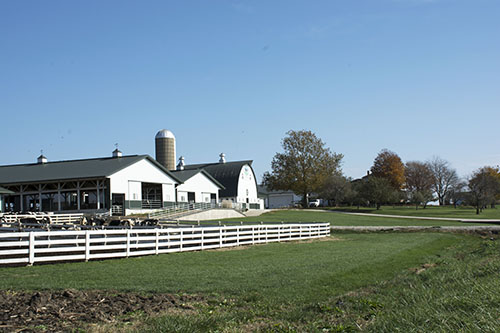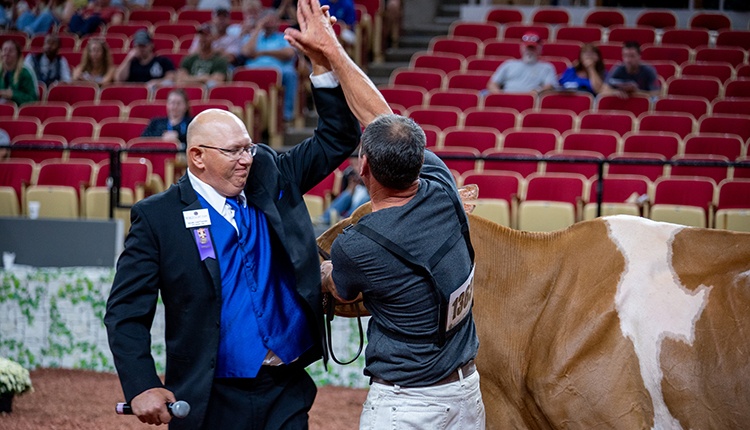
Many of us working in agriculture, myself included, grew up in the country. I think most "country kids" would agree that small towns are great places to live.
The vitality of rural communities hinges on many factors, but opportunity for employment is certainly one of the most important. The recession that swept the nation from 2007 to 2009 left a mark on employment rates in both urban and rural counties, but the rural areas have had a harder time rebounding.
Fortunately, after years of little or even negative change, employment rates in rural areas grew more than 1 percent during the year that ended in the second quarter of 2015. This data comes from the USDA's Rural America at a Glance: 2015 Edition.
Even with that positive growth, rural employment rates are still 3.2 percent below the pre-recession peak in 2007. Urban counties, meanwhile, have seen consistent growth in employment rate since 2011. The employment rate in urban areas climbed 2 percent in the last year and has surpassed pre-recession levels.
Employment rates and poverty rates are closely connected. While the poverty rate in urban areas was estimated at 15.1 percent in 2014, rural areas faced a bigger hurdle, with poverty reaching 18.1 percent.
Both poverty rates and unemployment rates tend to be associated with education. USDA data shows that, in general, people with more education are less likely to face unemployment and live in poverty.
Another piece of good news for rural communities is growth in the number of people obtaining post-secondary education. The proportion of adults in rural areas with a 4-year college degree or more has risen by 4 percent from 2000 to 2014. At the same time, the number of adults without a high school degree or equivalent declined by a strong 9 percent.
Even with this positive growth, the share of adults with a 4-year degree still remains far lower in rural areas than urban ones. But if we can maintain a positive trajectory in both employment rate and educational attainment in rural areas, small towns (and future "country kids") stand to benefit in the years ahead.

The author is an associate editor and covers animal health, dairy housing and equipment, and nutrient management. She grew up on a dairy farm near Plymouth, Wis., and previously served as a University of Wisconsin agricultural extension agent. She received a master's degree from North Carolina State University and a bachelor's from University of Wisconsin-Madison.











